Content Warning: this article discusses assaults against minorities and includes photos of race riots.
On the afternoon of Wednesday, Jan. 6, 2021, millions of people worldwide turned on the news and watched in horror as self-identifying Neo-Nazis and supporters of President Trump overtook and vandalized the capitol building in an attempt to obstruct election results.
Many Black, Brown, Indigenous, and Jewish Americans could only think about how this was a reflection of the recent surge of violence against their communities. As solidarity protests with the insurrection took place nationwide, many members of marginalized communities stayed home, fearing for their safety. Many people looked to self-identifying white allies to use their voices and privilege to advocate for their rights and safety, but they remained disappointed by the results.
This lack of support could best be seen on Tik Tok where several viral, now-deleted videos showed white liberals dancing in front of thousands of marching right-wingers. In the following days, liberal Tik Tok creators joked about their label of “domestic terrorists” by calling them “Y’all Qaeda” and “Vanilla ISIS.”
Egyptian-American college student and content creator Lilah Gaber slammed these content creators, saying that they used dangerous labels and anti-Middle Eastern and North African (MENA) and Islamaphobic tropes.
“I hate this stuff, you all realize that when you do this, you just reinforce the idea that acts of violence and ‘terror’ are a uniquely Islamic or MENA phenomenon,” Gaber said.
And other communities were similarly disappointed. Ora Lacob is an Orthodox Jewish content creator who fights antisemitism through comedy and education. Lacob and many other visibly Jewish youth called on white allies with large social media platforms to speak up for the Jewish community, but she found the results to be mediocre.
“Because of the extreme rise of antisemitism, Jews have been extremely vocal about antisemitism. Many white activists that I see that advocate for other minorities, in a way that almost feels performative, will fail to recognize antisemitism,” Lacob said. “They will use Nazis and the Holocaust for comparisons and analogies but will never recognize modern antisemitism. They will also fail to recognize how insensitive it is to associate every person and politician they disagree with to Nazis, while Jews have asked many times not to make those comparisons because it diminishes the severity of the event itself.”
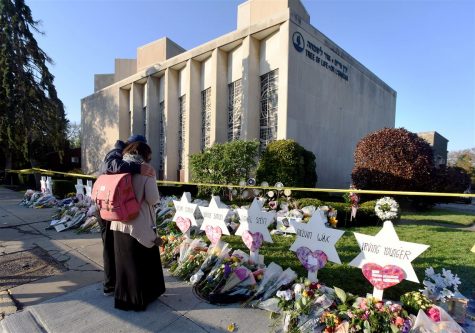
Leila Farhi, a Carlmont junior who identifies as Afro-Indigenous, Puerto Rican, and Moroccan, had similar sentiments. After Trump was elected in 2016, Farhi became hyper-aware of the negative effects of white allyship.
“I think, on one hand, there are allies that are willing to use their voices to raise the voices of minorities, but on the other hand, I also feel there is a large portion of white allies who speak over minority voices or spread false or harmful information,” Farhi said. “In my personal experience, I find that white allyship has been more harmful than helpful. I constantly find myself being invalidated by white ‘allies’ who have no say in what I am. On top of this, I feel many white allies have confused performative activism for genuine, long-term activism.”
Gaber, Lacob, and Farhi do not pass as white Christians. However, they live in white Christian-dominated areas, making them visible targets for hate. In 2019, the FBI released data showing 7,000 hate crimes that took place that year, many of them being homicides and assaults. In 2020, race and religion-based hate crimes reached a 12 year high, along with legal groups saying that only 10-20% of crimes are even reported to law enforcement. With a lack of defense and this spike in violence, youth are calling on their own communities to stand with them and defend them.

One such person is Eliza Crouse, a southwest Michigan high school junior of Palestinian-Jewish descent. Since Trump’s election where a 1600% spike in hate crimes took place, Crouse has been called antisemitic and anti-MENA slurs, despite being white. She criticized white allies for not supporting her and other BIPOC when it seemed inconvenient to them.
“I’ve noticed that white allies don’t listen enough. Some have a savior complex and are so proud of themselves for ‘educating themselves’ that they don’t stop to listen and amplify marginalized voices they claim to support or, they simply speak over marginalized groups as if we can’t speak for ourselves,” Crouse said. “Others claim to be allies and are instead performative and only speak out on issues if they’re trending. It’s frustrating really because we don’t have time to deal with white guilt. If you’re going to support us, do it unconditionally. If someone calls you out, don’t drop all your activism, learn, grow, and do better. ”
Crouse observed that despite most allies politically identifying as liberals or further left, they value their analysis over her own experiences and end up gaslighting her and her friends.
“As a white person myself, I have also witnessed allies be blatantly racist to me because they don’t know of my ethnic backgrounds and think that because I’m a white person. I’m a “safe space” to be ignorant towards. It’s disheartening really because this isn’t a rare occurrence. Asking the tough questions is hard and brave, but when some white ‘allies’ have told me ‘Arabs are abusive terrorists’ to my face, it exposes some people’s intentions.”
There was a wide consensus among marginalized youth that many white people who call themselves allies refuse to unlearn racist biases, speak over instead of amplifying their voices, and end up gaslighting the communities that they are supposed to be helping.
However, there was unanimous agreement that white allyship and white people putting in hard work is an essential step to end racism and bring equality.

“I’d like to really emphasize to white allies to please make sure to not speak over the voices of the people you’re attempting to support and to also not be an ally simply to try and ‘prove you’re a good person but to be an ally because you truly are fighting for the same things we are,” Farhi said. “Check yourself for performative activism, continue to listen to BIPOC voices. Overall just make sure your activism is a life-long process, not just a phase,”
Crouse reiterated her belief that self-identifying allies shouldn’t have to feel affected by white supremacy or believe that they are saviors to fight white supremacist constructs.
“Stay informed, stay educated. Recognize your privilege. Even if you don’t understand the prejudice someone else is experiencing, you don’t question them if it’s “really” racist. If you’re an ally, you go support them,” Crouse said.

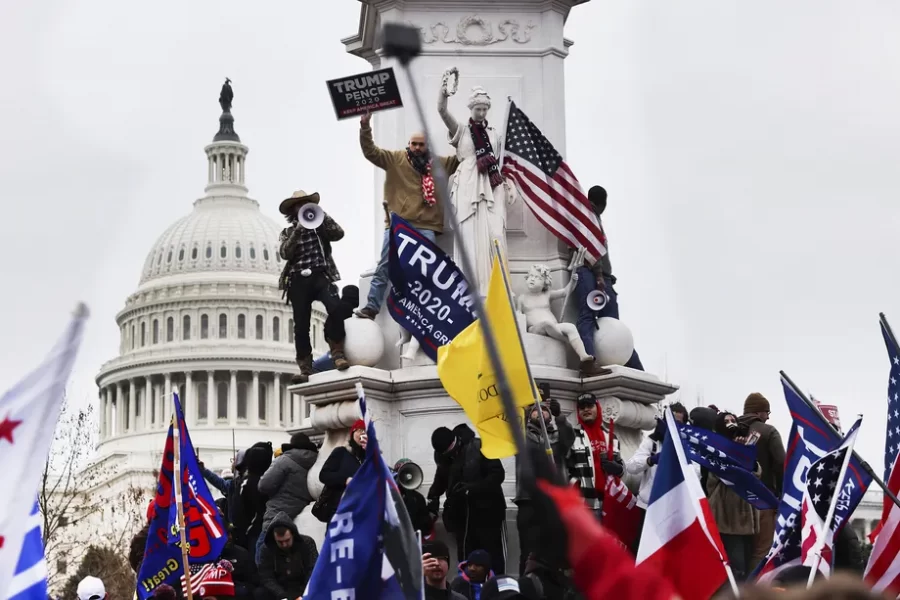










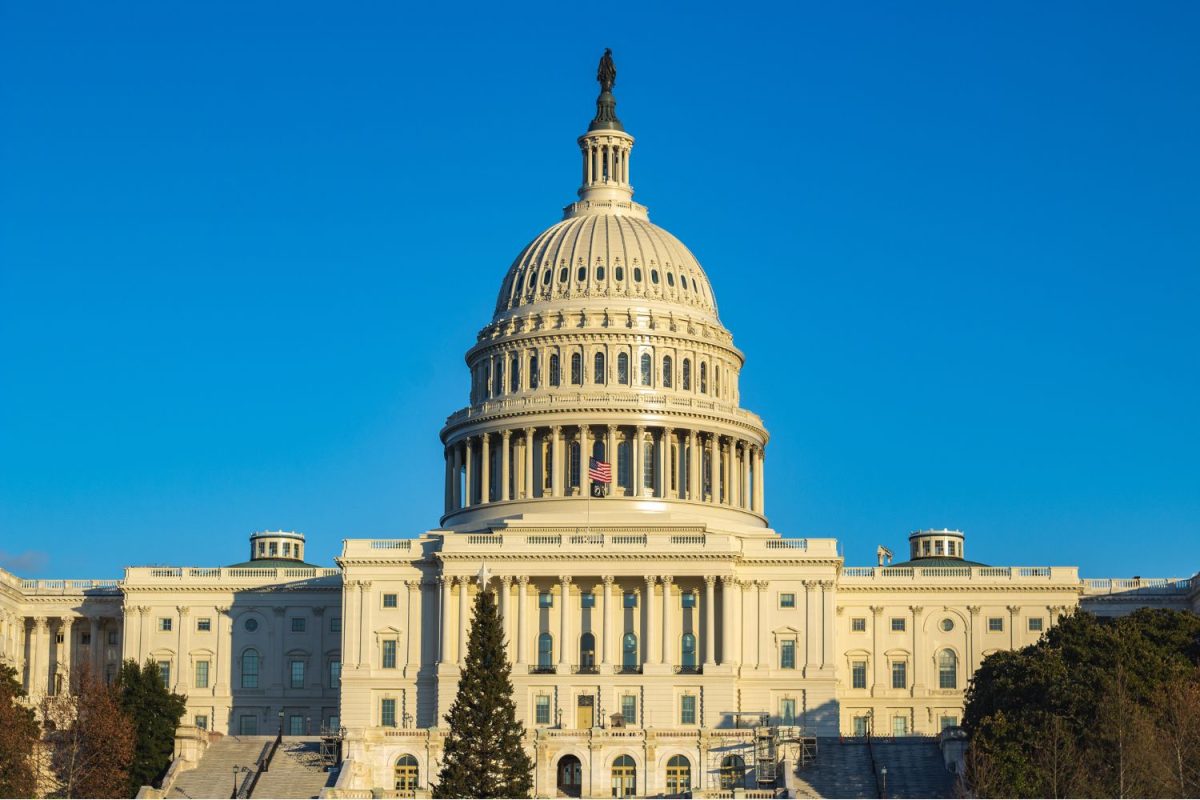
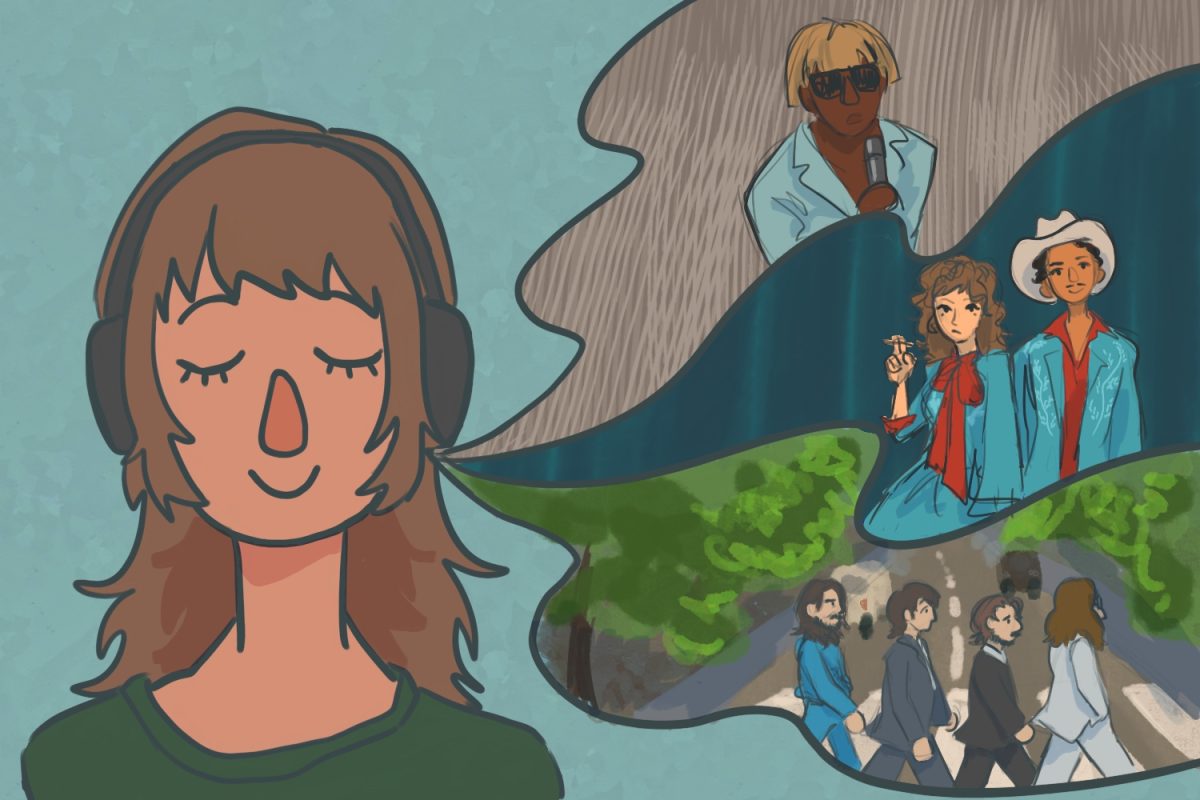


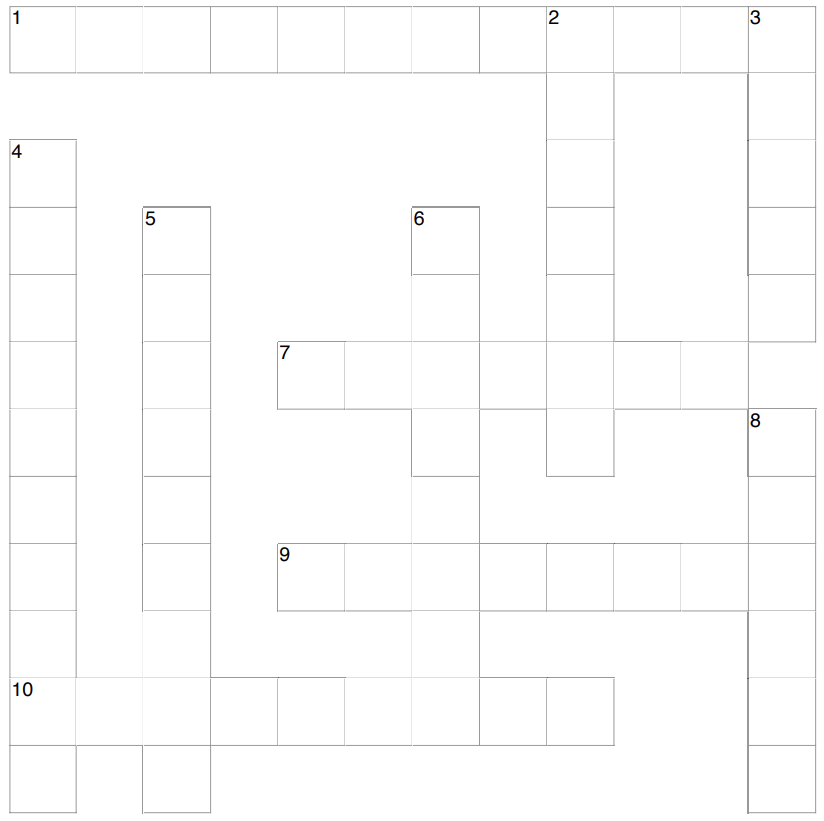


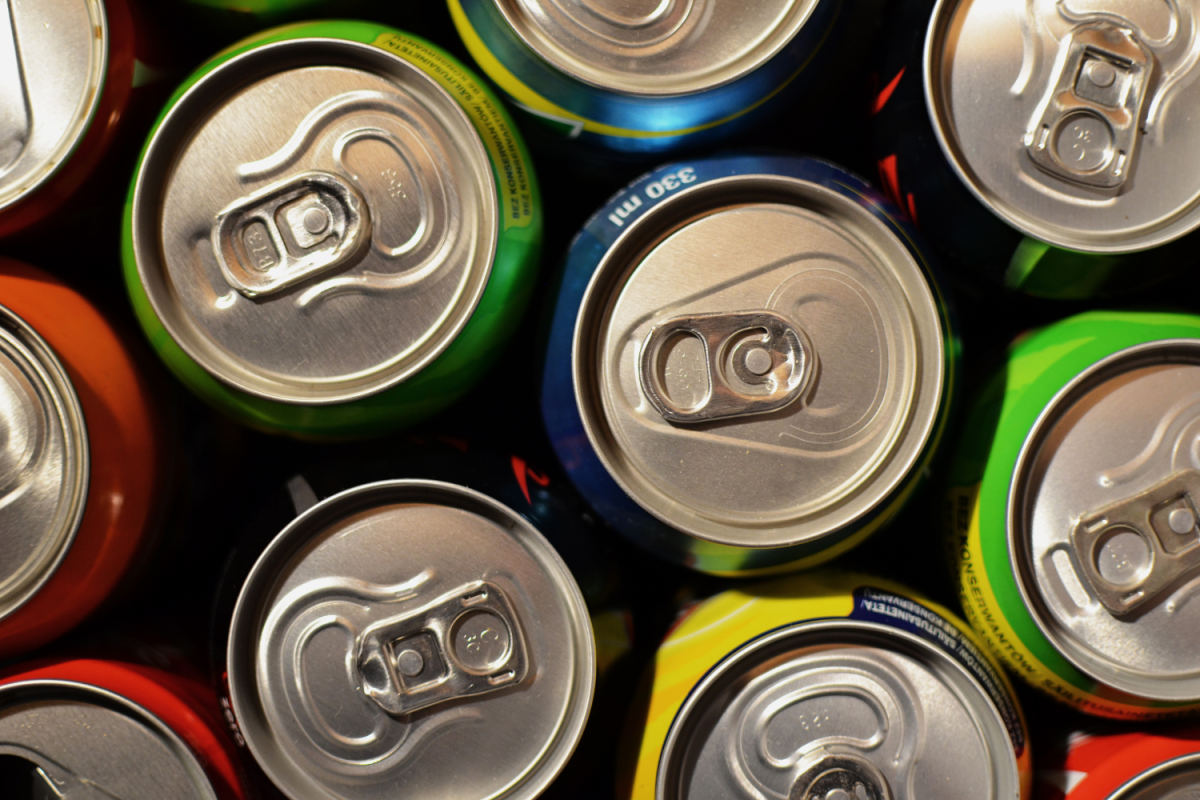
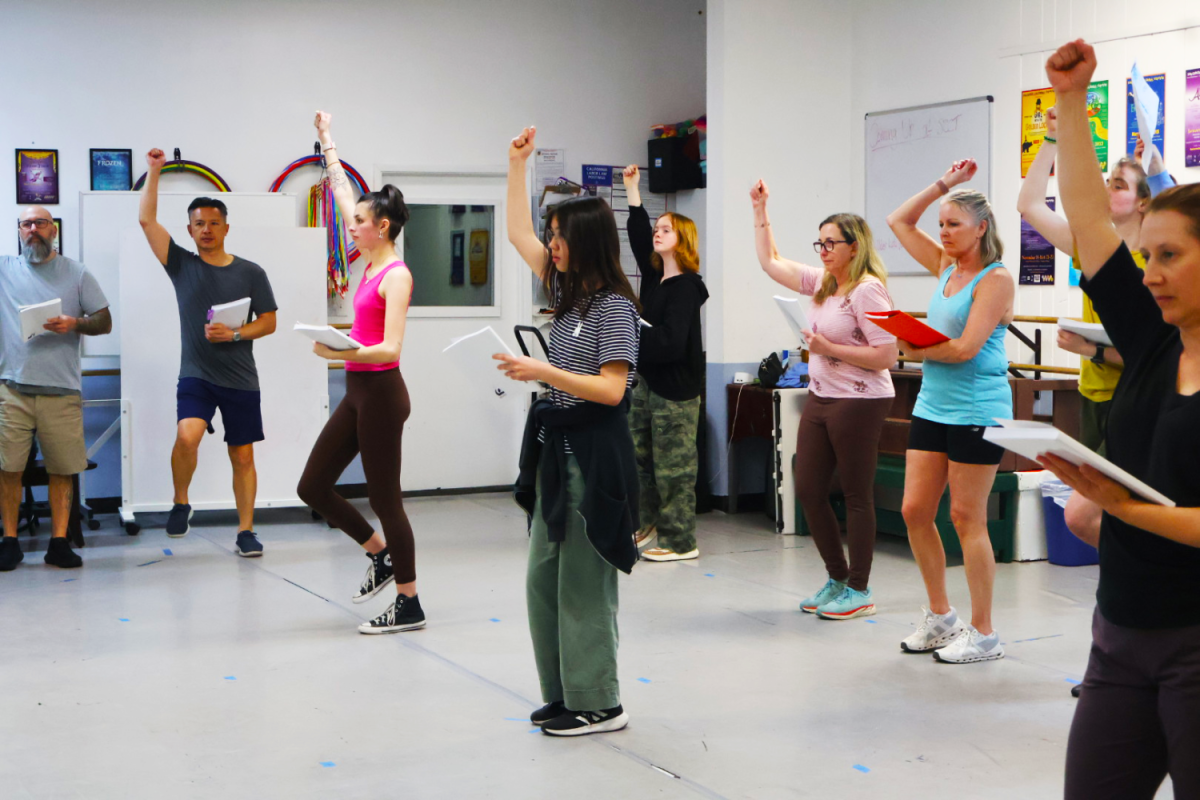
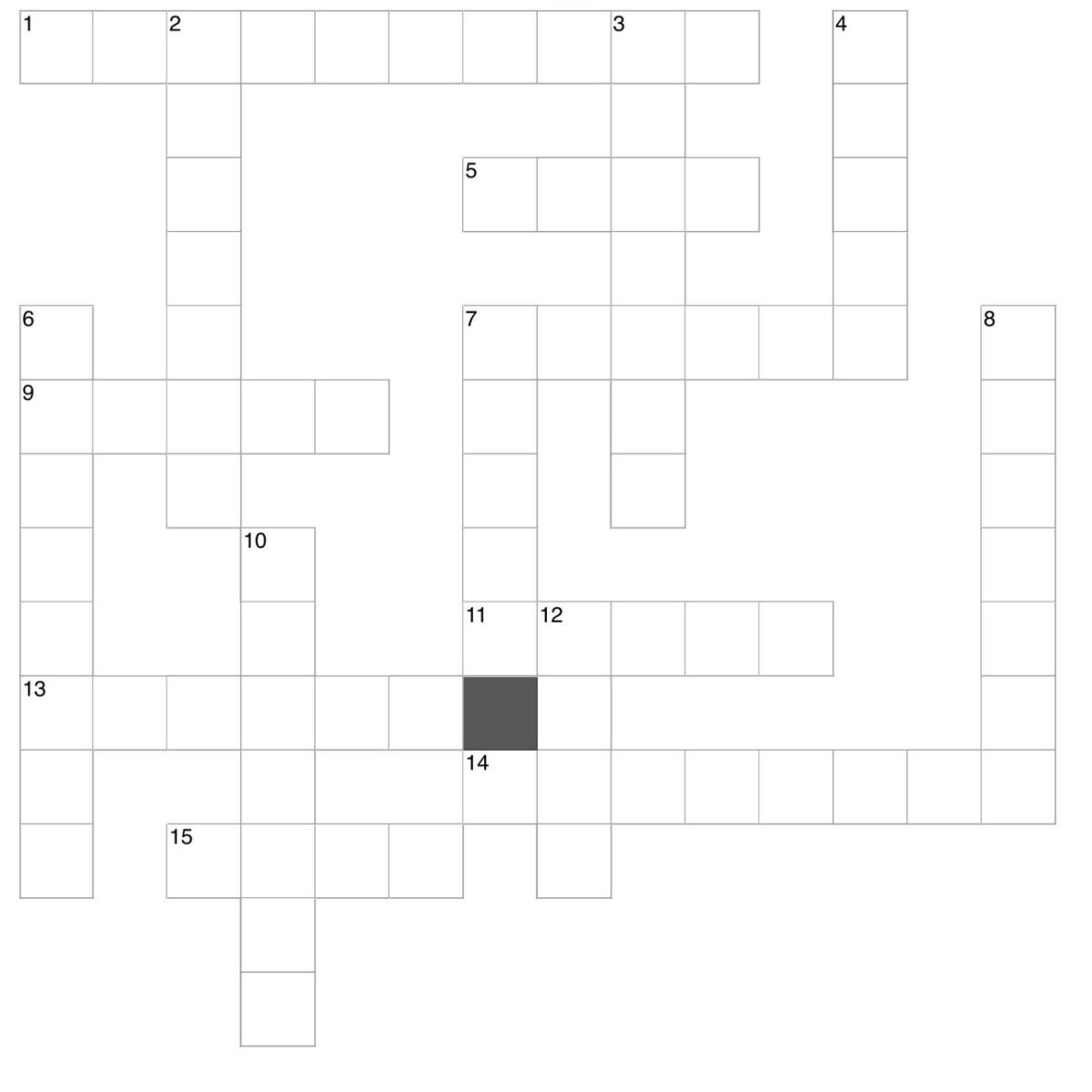










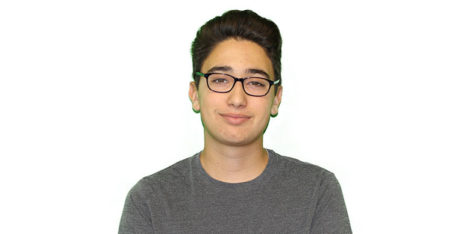
Skye Pelicrow • Oct 7, 2021 at 5:25 pm
Great article, Khalid! Very impressive. Well written. Well researched. Grandma Shoshana’s friend, Skye.